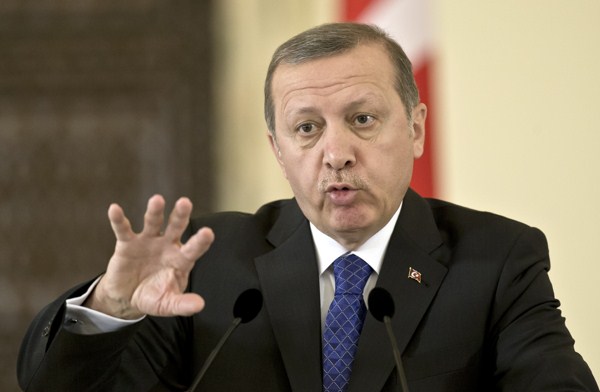On June 7, Turkish citizens will head to the polls to elect representatives for the Grand National Assembly. Although Turkey’s ruling Justice and Development Party (AKP) is certain to retain its parliamentary majority, the outcome of this important election will likely determine the future of Turkish President Recep Tayyip Erdogan.
Since 2011, Erdogan, echoed by the party’s manifesto, has argued that Turkey must change its political system to create what AKP supporters refer to as the “New Turkey.” To do so, Erdogan has called for the drafting of a new constitution that includes a strengthened presidential system imbued with few checks and balances. But the proposal has proven controversial—including with many of the founding members of the AKP.
Chief among them is AKP co-founder and former Turkish President Abdullah Gul, who despite his advocacy for changing the constitution in other ways has come out strongly against Erdogan’s proposal to strengthen the presidency, even warning of the risks of too much presidential power. “Turkey has suffered from parliament’s lack of sufficiency for a very long time but when we are talking about a presidential system we have to be much more careful: checks and balances have to be very clear,” Gul said at a conference in Istanbul last month.

